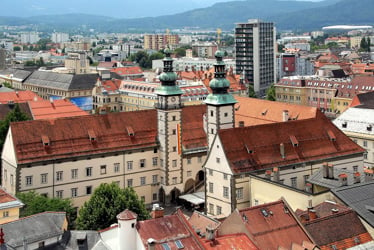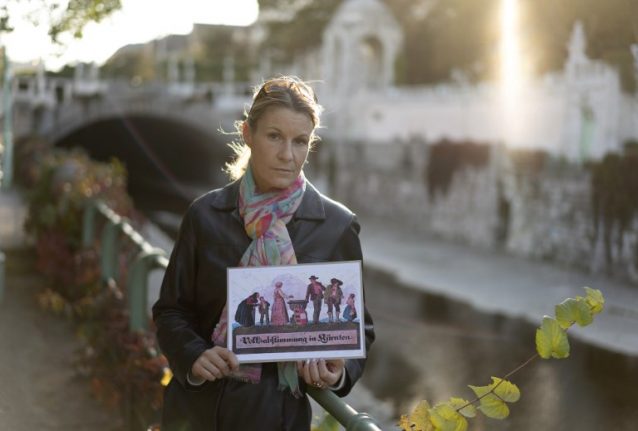Carinthia is asking Vienna for financial support, saying it will run out of money by the beginning of June without help.
Carinthia provided debt guarantees to fuel Hypo's expansion before the practice was stopped in 2007, but the last ones do not expire until around 2017.
With an annual budget of €2.2 billion ($2.36 billion), Carinthian officials have said the province cannot honour nearly €11 billion of backing for Hypo debt that creditors could demand.
Ratings agency Moody's downgraded Carinthia last month to one notch above junk grade, making it more difficult to borrow in the open markets.
Carinthia needs €340 million this financial year and is hoping for loans from the capital, a spokeswoman for the province said after meetings last week.
She added that Carinthia would run out of money in June without help, confirming local media reports.
Austrian Finance Minister Hans Jörg Schelling (ÖVP) has indicated that Vienna could help out, providing certain conditions are set such as a risk premium on interest rates, and Carinthia agreeing to carry out further financial reforms.
Speaking before negotiations on Monday Carinthian Governor Peter Kaiser (SPÖ) said: "All provinces are funded by the Federal Financing Agency, and so far, Carinthia has always repaid everything on time. There is, in my view, no reason not to grant such financing. "
No Austrian province has ever gone bankrupt and there is no legislation on how to handle such an event.



 Please whitelist us to continue reading.
Please whitelist us to continue reading.
Member comments